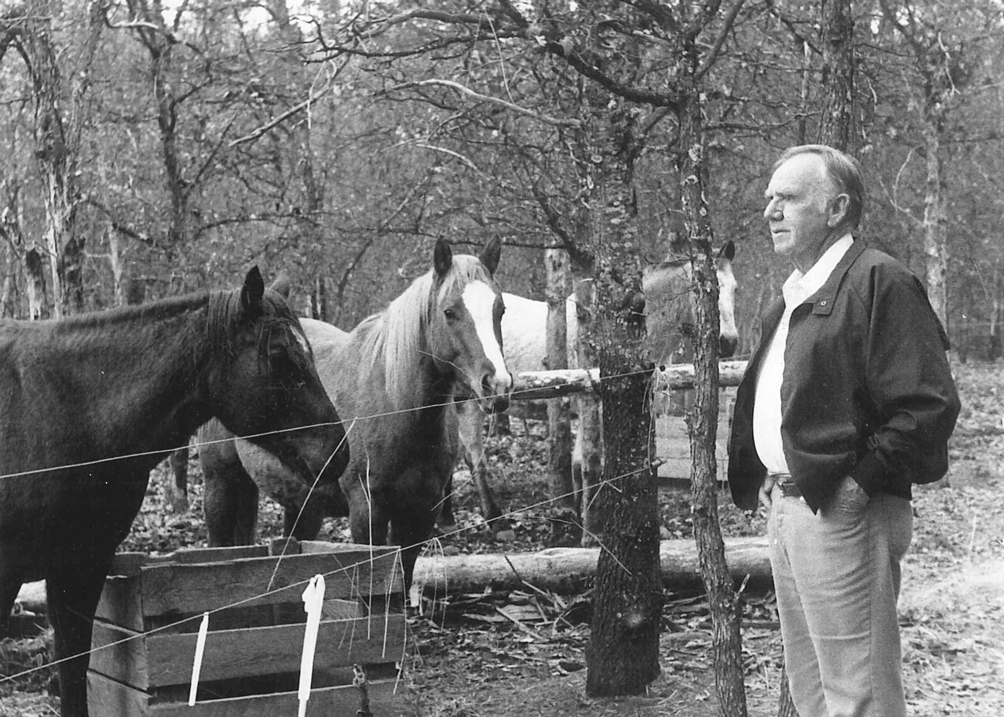Making Your Speculative Story World Unique
 BLOGGER: KATHY TYERS GILLIN
BLOGGER: KATHY TYERS GILLIN
A freelance author, mentor and editor, Kathy will serve as a fiction mentor for the Morning Mentoring Clinic and teach an Afternoon Workshop.
MAKING YOUR SPECULATIVE STORY WORLD UNIQUE
People who write fantasy and science fiction read a lot of it. We love the way it lets us stand outside life-as-we-know-it and look at what it means to be human in this world. And as authors, we tend to imitate what we’ve read.
That means it can be a little too easy to recycle the common tropes of speculative fiction: dragons that can be ridden, planets that have gravity so close to earth-normal that people can walk unassisted, spaceships that go BOOM when they blow up. Last year at Mount Hermon, I passed out a cliché list I’d found online—and since it’s well-nigh impossible to tell a readable story without using any well-established ideas, I had to confess I’d written many of them into my books.
But in a speculative story, not everything unusual should come out of the consensus universe. How can we add something new to the conversation?
Try brainstorming across different disciplines.
- Combine botany and culture to imagine the farming community of an imagined era or planet
- Mingle the culinary arts with microbiology to imagine new fermented foods.
- Cross anatomy with aerodynamics, and create fantasy dragons that people really could ride.
- What about combining speculative geology with architecture and homebuilding?
- Or applying your imagined culture’s history to the planet’s orbital cycle, to create a believable list of holidays?
- The possibilities are endless.
You might discover that mingling seemingly unrelated crafts and sciences is just as much fun as using the results to deepen your story—so don’t get carried away! Remember story is character in conflict. That’s why 90% of your scientific brainstorming won’t be explained in the story.
The deeper and wider your knowledge pool, the more interesting the ideas that might come swimming past. Speculative fiction’s target audience tends to be bright, introverted, and well-read in what’s already published. They’ll know where we borrowed our ideas, if we only borrow.
So add something fresh to the conversation. Some day, when other writers borrow your fresh ideas, you’ll know they aren’t just acknowledging Tolkien or George Lucas, C.S. Lewis or J.K. Rowling. They have also acknowledged you.
_____________
Come meet Kathy Tyers Gillin at the the 43rd Mount Hermon Christian Writers Conference, March 18-22, 2016.


